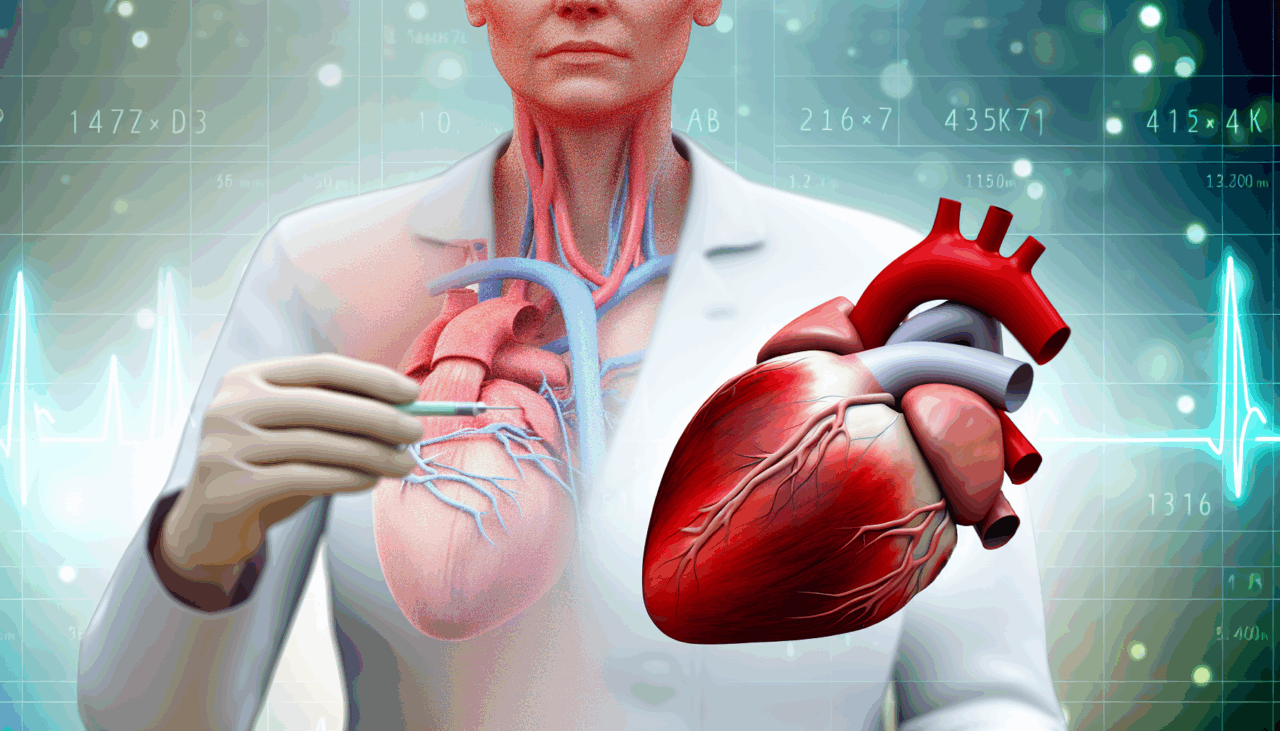Introduction to Cyclin A2 and Heart Regeneration
A groundbreaking study from Mount Sinai Hospital has revealed that a naturally occurring gene, Cyclin A2 (CCNA2), can be reactivated to help the human heart repair itself after a heart attack or heart failure. This discovery, published in npj Regenerative Medicine, opens new avenues for heart repair, potentially reducing the need for heart transplants or implanted cardiac devices.
The Role of Cyclin A2 in Heart Cell Division
Cyclin A2 is a gene that is typically turned off after birth in humans. However, when reactivated, it can stimulate the production of new, functioning heart cells. This process was first demonstrated by Dr. Hina Chaudhry and her team at the Icahn School of Medicine at Mount Sinai, who successfully regenerated the heart of a large mammal, specifically a pig, by reactivating CCNA2. This earlier study laid the foundation for the current research, which has now shown that the same approach can be applied to human heart cells.
Translational Bridge to Human Application
The latest study provides a crucial translational bridge, demonstrating that a human-compatible viral vector can safely and effectively induce cell division in adult human heart cells. Dr. Chaudhry’s team used a replication-deficient virus to deliver the CCNA2 gene to heart muscle cells, testing it on living adult human heart cells in culture from healthy donor hearts. The results were promising, with heart cells successfully dividing while maintaining their normal structure and function.
Age-Dependent Effects of Cyclin A2 Therapy
The research team examined heart cells from donors aged 21, 41, and 55. Cyclin A2 therapy successfully triggered cell division in the 41- and 55-year-old hearts, while the 21-year-old heart cells showed no change. This finding aligns with previous studies indicating that younger hearts have a natural regenerative potential, capable of cell division without external stimuli.
Functional Integrity of New Heart Cells
Importantly, the daughter cells resulting from this induced cell division retained their structural proteins and normal calcium activity, indicating they remained functional. Further analysis revealed that CCNA2 helps heart cells “turn back the clock” by reactivating certain growth genes, allowing them to divide and repair the heart without causing harmful tissue thickening.
Implications for Heart Disease Treatment
Dr. Chaudhry emphasized the significance of this research, stating, “This is the culmination of nearly two decades of work. Our goal is to deliver a therapy that allows the heart to heal itself after a heart attack or in heart failure, reducing the need for transplants or mechanical devices.” The next step for the research team is to seek FDA approval to begin clinical trials of CCNA2 therapy in patients with heart disease.
Conclusion and Future Directions
The reactivation of the Cyclin A2 gene in adult human heart cells represents a significant advancement in regenerative medicine. By enabling middle-aged adult heart cells to generate new, functional cardiomyocytes, this approach offers a promising method for heart repair after injury. As the research progresses towards clinical trials, it holds the potential to transform the treatment landscape for heart disease, offering new hope for patients worldwide.
🔗 **Fuente:** https://medicalxpress.com/news/2025-10-specific-human-gene-heart-failure.html


